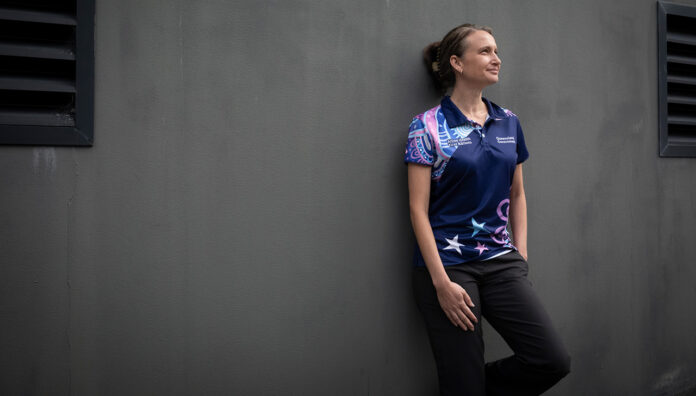Chastina Heck MPS finds solace at sea when off-duty from roles as a hospital pharmacist and the new Aboriginal and Torres Strait Islander Pharmacy Practice Community of Specialty Interest (CSI) Chair.
What drew you to hospital pharmacy?
When I was studying, I didn’t have a strong pull towards either community or hospital practice. For me, it was an opportunistic conversation with the Director of Pharmacy who approached me after presenting at a university showcase on my Quality Use of Medicines project.
It discussed how I saw pharmacists contributing to Aboriginal Medical Services. Looking back, I struggled to see myself in the pharmacy profession. But it was those relationships and connections that influenced my choice to apply for a hospital pharmacy pre-registration position (as it was called back then).
What do you aim to achieve as PSA’s Aboriginal and Torres Strait Islander Pharmacy Practice CSI Lead?
I’m really excited to be supported by other First Nations pharmacists as we move forward. As Chair, it is really important that Aboriginal and Torres Strait Islander voices influence policy on a national platform and give voice to our communities to create space for change. I’d like the power of our CSI to be utilised to its full extent by both the National Aboriginal Community Controlled Health Organisation and PSA, and empowering individuals to take action locally.
How do you translate insights between your hospital role and the classroom?
My motivation and teaching at the University of Queensland School of Pharmacy is grounded in the original concept of Medicare – equity of access to health care no matter where you live.
My teaching is also delivered through Aboriginal ways of teaching and information sharing such as storytelling. I share my own stories of cultural reflexivity and learnings with students to demonstrate that I, too, am on a continuous learning journey – with the purpose of cultural safety not just about reaching a destination. I also share real-world examples of culturally safe practice such as being able to facilitate a few days of continuous infusions of effective antibiotics on Country in Arnhem Land to allow a person to complete family sorry business prior to the patient flying out to Darwin to complete other investigations for melioidosis, a rare, tropical bacterial disease that can be life-threatening if antibiotics are not prescribed promptly. Very real harm could have resulted if either the antibiotics weren’t given with the frequency and dose required, or harm for the patient and family’s wellbeing if cultural protocol wasn’t fulfilled.
How could Aboriginal and Torres Strait Islander care improve in the future?
Our healthcare system is incredibly complex. And, depending on where you access care, the rules are different. Even for a healthcare professional, it’s hard to navigate and understand.
Better health care is well-connected, timely and efficient, with patients’ rights and individual beliefs respected and incorporated into care. A value of my culture is generational thinking and our healthcare system sometimes invests dollars more heavily to fix things when they’ve already gone wrong. I’d like to see greater investment in preventive health and keeping people out of hospital. Embedding pharmacists in Aboriginal Medical Services is a way to achieve this.
What would you tell your younger self?
You absolutely belong in the pharmacy profession and enjoy your time at university. They are truly some of the best times of your life.
What’s your favourite water leisure?
I enjoy the saltwater, sunshine and stars, which leads me to spending time on the water boating, fishing and getting out of the city to see the dark skies in all their sparkly glory. I’ve swum with manta rays up on the Bromby Island, offshore from Nhulunbuy and I also love the clear waters off Mulgumpin (Moreton Island).




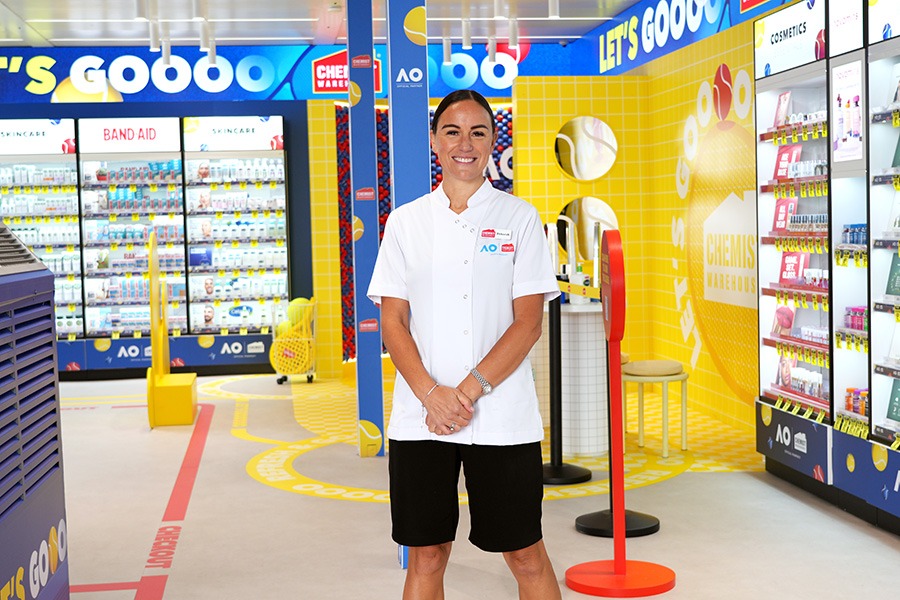 Deborah Williams at the Chemist Warehouse Australian Open pop-up pharmacy[/caption]
Deborah Williams at the Chemist Warehouse Australian Open pop-up pharmacy[/caption]
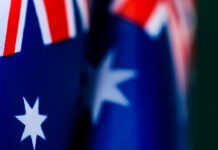

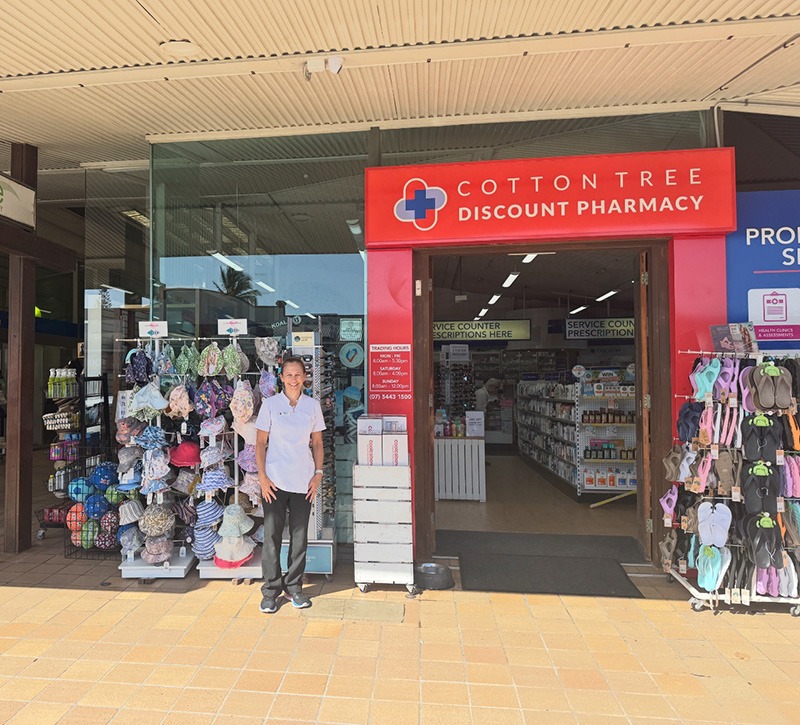 Rebecca Davies[/caption]
Rebecca Davies[/caption]
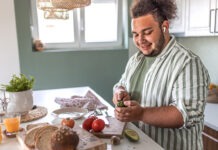
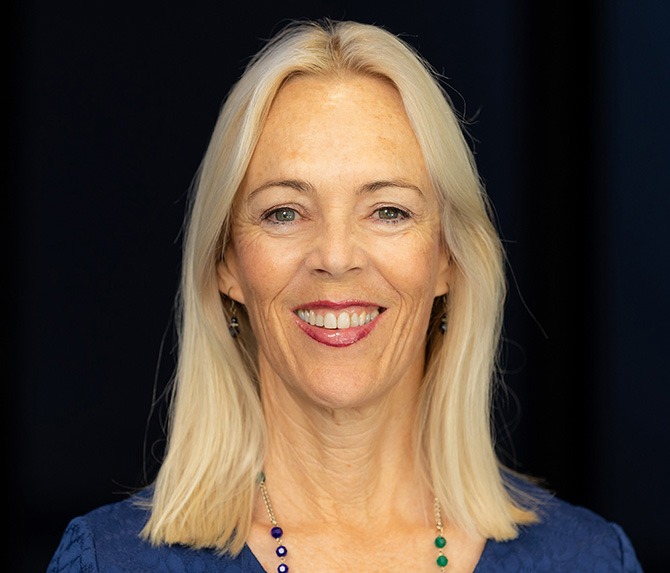 Professor Clare Collins[/caption]
Professor Clare Collins[/caption]
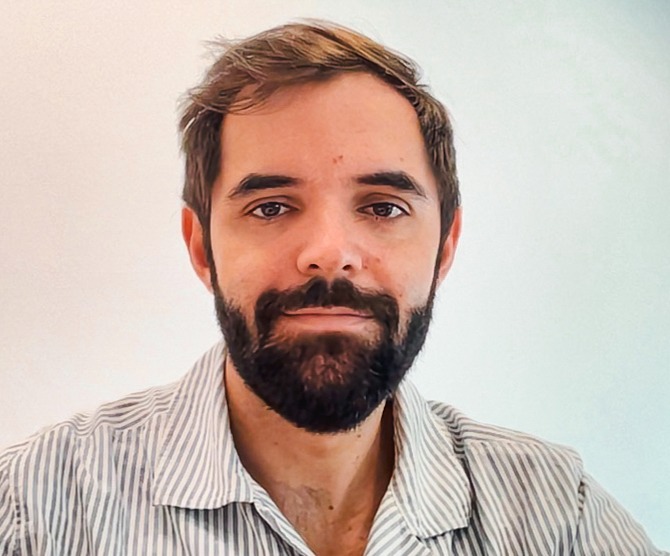 Associate Professor Trevor Steward[/caption]
Associate Professor Trevor Steward[/caption]
